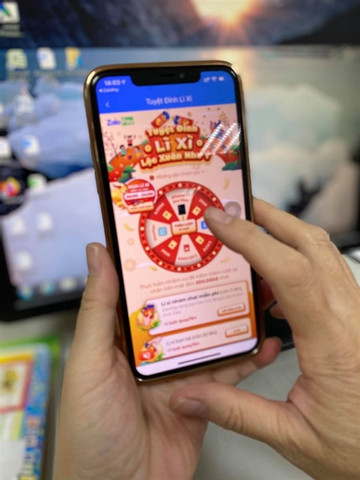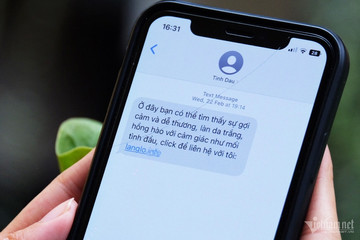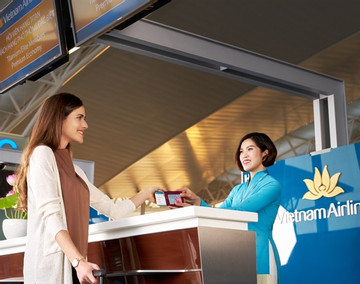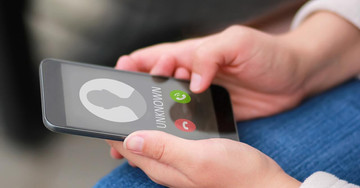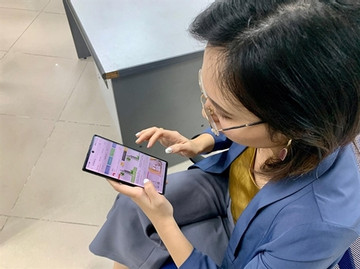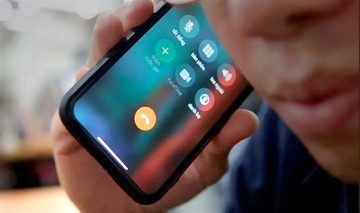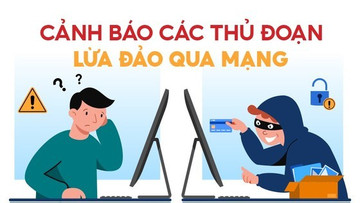- © Copyright of Vietnamnet Global.
- Tel: 024 3772 7988 Fax: (024) 37722734
- Email: [email protected]
online scams
Update news online scams
Online scams a growing threat in Vietnam
The growing threat of online scams in Vietnam has prompted experts to warn citizens about the significant financial losses they could face, urging stricter security measures to protect individuals from falling victim to the schemes.
To stop online scams, trunk simcards need to be eliminated
Eliminating trunk simcards is a major responsibility that telecom carriers must take in the fight against online phishing and protection of internet users.
Vietnamese users report losses of more than $12.24 million due to online fraud
Nearly 17,500 online fraud cases targeting Vietnamese internet users have been reported on the information security warning portal operated by the Ministry of Information and Communications (MIC).
10,000 domain names blocked, 10 million users protected
As of March 2024, the system of the Authority of Information Security (AIS) had blocked 10,000 "toxic" domain names, including 2,700 phishing domain names. More than 1,200 online scam cases are reported each month.
Ministry warns of online Tet scams
Many people have fallen victim to increasingly sophisticated scams, which often target gullible, greedy or technologically illiterate people.
Vietnamese lose VND20 million on online scams
Vietnamese have suffered an average loss of VND17.7 million from scams, reports say.
Vietnam Airlines warns clients of online fraud
Vietnam Airlines has warned passengers of online fraud where scammers pretend to be partners of Vietnam Airlines and deceive customers by offering gifts or commissions in exchange for tasks.
Voice brand names used to prevent impersonation scams
All phone numbers of units under the Ministry of Information and Communications (MIC) calling people will display the voice brand-name of “BO TTTT” from October 27.
Measures to keep online scams in check
Vietnam is one of the countries where users upload the largest amount of their personal data to social media platforms, which have been exploited by cybercriminals for various malicious ends.
Online scams on the rise, threaten safety of digital space
Experts have voiced concern about the rise in the number of online scams and their more sophistication level. They are affecting individuals and institutions, but also damaging the trust and safety of the online atmosphere.
Fraud travel combos swindle people out of billions
The scammer often uses fake Facebook accounts with names and photos of other people, pretending to be employees or collaborators of travel companies.
Banks stop scams on phones
Many scam cases that have been discovered recently involve people who claim to be policemen and ask for money to serve investigations.
Scams targeting credit-card users in Vietnam detected
According to Viettel Cyber Security (VCS), swindling to appropriate information and assets of credit-card holders is a new type of scam that occurred frequently in Vietnam’s cyberspace in the first half of the year.
Cyberspace scams escalate post-pandemic
The police reported that the number of traditional crime cases have been on the decrease, but cyberspace crime has increased sharply, especially after the Covid-19 pandemic.
Many still trapped by online scams despite authority’s warnings
Many people are still trapped by online scams despite warnings from authorised agencies.
Spam callers threatening to share personal information
Receiving spam calls is common among mobile phone users in Vietnam but many have been threatened recently after telling the invasive callers to stop annoying them.
Public Security Ministry warns of online scams
The Ministry of Public Security has warned of three common fraud groups in cyberspace in Vietnam - brand counterfeiting frauds, account hijacking and other forms of combined traps.
Facebook, TikTok account IDs can help prevent scams
The use of identification of digital accounts, including social network accounts, will eliminate content that is bad, false, illegal, and harmful to society.
Criminals use deepfake AI video technology to scam people out of money
Cybercriminals have begun deepfake video technology to make fraudulent calls and appropriate money.
Official websites of state organizations taken advantage for scamming
The Authority of Information Security (under the Information & Communications Ministry) has just informed that 90 websites with the suffix ‘.gov.vn’ were hacked to link to gambling advertisements.




